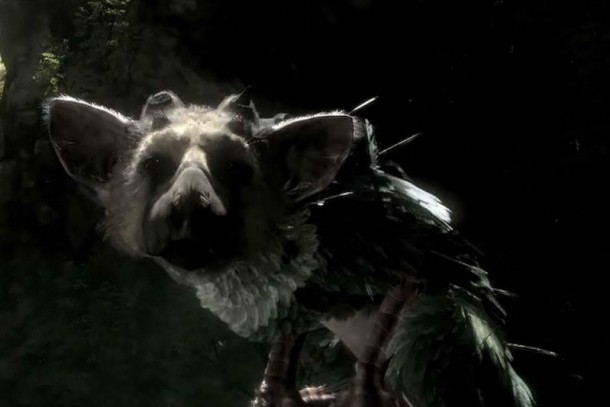Frustration describes Keiji Inafune's recent GDC 2012 panel, “The Future of Japanese Games”. The lack of innovation from Japanese developers has been an issue for the last several years. Despite several international successes, he finds that the US, Europe, and Korea have become the epicenters of riskier gaming ventures. Or that they've simply caught up.
Inafune's advice, however, is snuffed out by platitudes, the most prevalent of which is him asking Japanese developers to win more. Shades of Charlie Sheen aside, the idea that winning will solve losing is like saying that being happy will get you out of clinical depression. I'm reminded of Final Fantasy X, of Tidus telling Wakka's blitzball team to stop trying to do their best and start winning. Unforunately, real life isn't a fantasy.
To be fair, his main point is to foster passion back into Japanese game development beyond sequels on top of sequels of already well-established franchises. It's a noble goal, but not one that's done merely by giving people a pep talk. The problem runs deeper than that.
So what is a more tangible solution? Japanese developers first need to relearn what they're good at. Recent installments in well-known franchises like Final Fantasy, Resident Evil, Silent Hill, and Metroid are so deadset on incorporating more real-time, action-oriented Western influences or MMORPG Eastern influences that the core gameplay of these franchises have become diluted.

Who doesn't want a return to a romantic, turn-based Final Fantasy? Or a Resident Evil that's actually a scary horror game? Or a Metroid where Samus doesn't emotionally gasp through ten minute-long cutscenes? Instead of forcing a long-established franchise into a strangely shaped hole, make a new intellectual property and polish it.
This isn't to say that Nintendo and Capcom completely misunderstand their audience, as they have developed a handful of titles, like Rhythm Heaven and Ghost Trick, that sell well despite the developers' reliance on mainstay franchises. Even if the motion controls for the Wii are considered gimmicky and the 3DS has health hazards, Nintendo has innovated in the casual and handheld space without messing with the core gameplay that make Mario and Zelda critical top-sellers. Capcom is right to bank on their prowess in the fighting genre with Street Fighter IV and crossover tag team titles, though they are slightly too aggressive on the DLC front. (And where's Okami on the Vita?)
But their missteps on their other aforementioned franchises show their anxiety when it comes to meeting the standards of modern game design. The Japanese interpretation of open-world design and one of the largest video game market share in Japan is the MMORPG genre, which is starkly segregrated by region. As Japanese developers continue to push its historically successful action titles and JRPGs into the MMORPG realm, if but swayed by the business mindset, the further it pushes away its potential international audience. Also, apart from a few exceptions, every new IP from Japan that crawls its way to the console in the States rarely ever gets a sequel. The innovation just isn't sticking.

Smaller Japanese studios, in contrast to its larger brethren who are more hesitant on developing riskier titles, have already stepped through this window of opportunity. From Software's Demon's Souls and its sequel Dark Souls have been met with tremendous critical reception. Platinumgames' Bayonetta and Vanquish, along with Atlus's Catherine and Persona series, reveal that there are Japanese developers more than willing to shake the foundation of game design. These titles may not gather staggering sales numbers, but they have found a sustainable audience in international waters by excelling in their brand of gameplay—no sacrifice necessary.
The state of Japanese games can be shown no better than news of The Last Guardian—unfortunate, inconsistent, and always almost there. There's no shortage of innovation in Japan, only that of polish and the firm execution of their ideas. It's not that "Japanese games suck", as Fez creator Phil Fish declared at GDC 2012, but that they hold back or push so far out of their comfort zone that they forget what makes them great in the first place. As Keiji Inafune says, it's about time Japanese developers find their passion again and show the rest of the world what they're made of. I can't wait to see what happens when they do.











